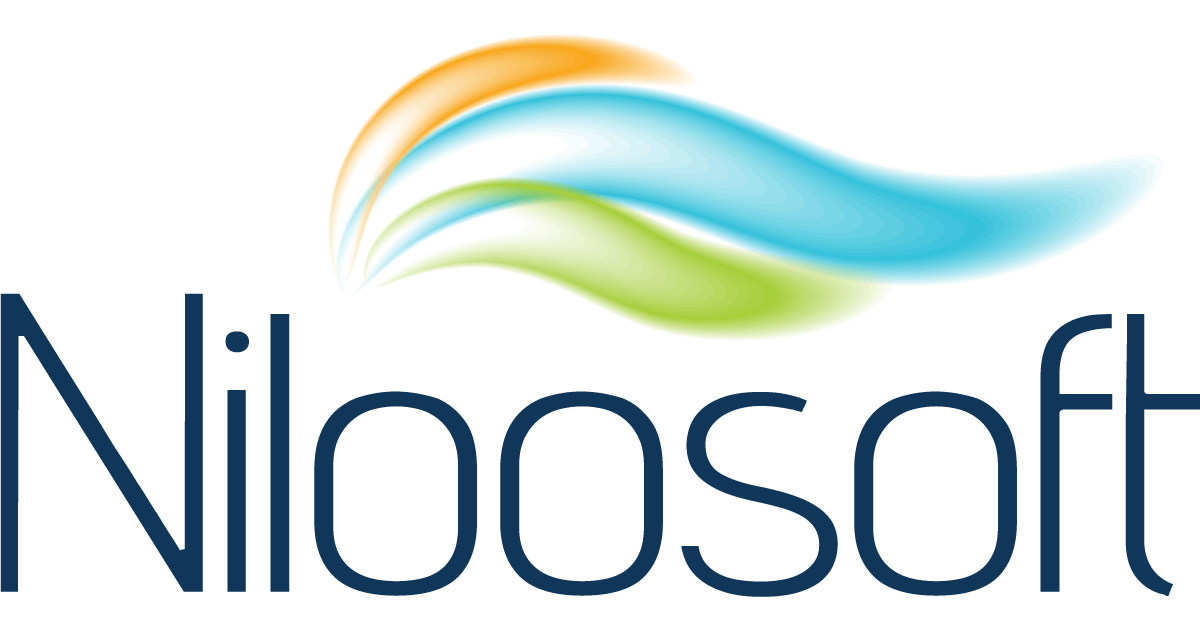In today’s rapidly changing business world, the drive to adapt and innovate is constant. Organizations worldwide aspire to be more efficient, agile, and employee-focused. Human Resources Management Software (HRMS) is a significant factor in this race. This article will explore how HRMS redefines companies’ operations and examine their diverse impact factors.
1. Streamlining Administrative Processes
The days of manual and paper-based human resources tasks are long gone. HRMS platforms automate various of administrative management tasks. From simplifying daily attendance tracking to handling complex monthly payroll processing, HRMS ensures that tasks are executed swiftly and accurately. The inherent efficiency of such systems translates into significant cost savings and reduces manual errors.
2. Innovations in Recruitment Strategies
The recruitment landscape is undergoing a paradigm shift with the advent of intelligent HRMS. By integrating innovative technologies like AI and machine learning, HRMS platforms can intelligently analyze many resumes and identify candidates that match specific criteria. All of these advancements significantly shorten the recruitment process. Additionally, the presence of tools and platforms for digital interviews ensures a seamless and effective hiring experience, regardless of candidates’ geographical locations.
3. Data-Driven and Informed Decision-Making
The modern business world thrives on actionable data. HRMS platforms provide many analytical tools offering insights into various human resource metrics. Whether assessing employee performance trends, understanding the effectiveness of training programs, or predicting future recruitment needs, HR professionals now have a wealth of information at their fingertips. This data-driven approach ensures smart and strategic decision-making.
4. Enhanced Employee Engagement and Loyalty
Employee engagement is more than just a popular term in the corporate world; it’s a crucial business metric that directly impacts a company’s success. Advanced Human Resource Management System (HRMS) solutions are equipped with continuous feedback loops, chatbots, comprehensive performance evaluation tools, and high-quality incentive systems. These tools play a pivotal role in fostering a sense of purpose among employees, thereby boosting their engagement levels.
The Power of Loyalty
When employees feel valued and engaged, they tend to remain loyal to the organization. This loyalty is not just reflected in their tenure but also in their productivity and commitment to the company’s success. Happy employees don’t just stay; they thrive, contributing significantly to a harmonious and more productive work environment.
5. Centralization: The Key to Unified HR Practices
In today’s globalized world, many organizations operate across different geographical regions. This diversity can often introduce complexities in maintaining a consistent approach to human resources management. However, the solution lies in leveraging technology, specifically Human Resources Management Systems (HRMS) software.
- HRMS software serves as a unified platform to store all HR-related data. No more scrambling through multiple files or databases; everything you need is, just a few clicks away.
- With HRMS, standard operational processes are easily accessible. This ensures that every HR team, irrespective of their location, follows the same procedures, ensuring consistency.
- Individual employee records are also maintained in this centralized system. This not only facilitates easy access to information but also helps in maintaining up-to-date records.
The result? A streamlined and uniform approach to human resources practices, regardless of where your teams are. This centralization ensures that every employee, regardless of their location, receives the same experience, fostering a sense of unity within the organization
6. Regulatory Compliance and Adaptability
Compliance is a significant concern for businesses as regulations evolve. HRMS platforms are designed to be adaptive, updating in parallel with changes in labor and employment laws. This proactive approach ensures that businesses are always on the right side of the law, preventing potential legal repercussions and financial penalties.
7. Improving Learning and Professional Growth
Modern HRMS platforms seamlessly integrate with Learning Management Systems (LMS). This symbiotic relationship ensures companies can provide personalized training modules tailored to their workforce. With many learning tools, from interactive modules to live digital seminars, employees can continually enhance their skills, adding value to themselves and the organization.
8. Facilitating Seamless Onboarding
The onboarding process for a new employee is crucial and sets the tone for their journey within the company. HRMS platforms have transformed onboarding from a routine task involving numerous forms to an interactive and digital experience. New employees can access necessary resources, undergo initial training, and even connect with their teams, all through an intelligent system that ensures quick and efficient adaptation.
9. Enhancing Collaboration and Connectivity
Many HRMS solutions now offer social tools that integrate with popular social media platforms, fostering connectivity, collaboration, and knowledge sharing among employees. Especially in remote and hybrid work environments, such tools play a pivotal role in maintaining united and synchronized teams, regardless of their physical locations.
10. Prioritizing Employee Well-being and Mental Health
Some modern HRMS solutions include tools focusing on employees’ well-being and mental health. With features ranging from stress management workshops to meditation sessions and counseling services, these systems emphasize the importance of mental health in the workplace. Acknowledging and addressing these needs significantly contributes to overall job satisfaction and productivity.
11. Real-time Feedback Mechanisms
Gone are the days of annual or biennial performance reviews. With HRMS, continuous employee performance and work experience feedback is achievable in real-time. Employees also have access to immediate insights about their work, allowing for instant adjustments and improvements. A culture of continuous feedback accelerates professional growth and fosters an organizational environment built on open and effective communication.
12. Embracing Diversity
Today, occupational diversity is a necessity for modern businesses. HRMS platforms have tools to track and report diversity metrics, allowing companies to understand their workforce composition better. These insights can align recruitment strategies, ensuring a diverse and inclusive workplace.
Last Say
The impact of HRMS on businesses, companies, and organizations is profound and multifaceted. Companies that integrate intelligent HRMS systems into their operations enjoy benefits beyond operational efficiency. From promoting employee well-being to guiding strategic decision-making, these systems showcase the integration of technology and human-centric approaches in the modern business world.
As organizations navigate the evolving landscape, HRMS will undoubtedly play a central role, directing them toward sustained growth and success. To request a demo and learn more about Niloosoft’s advanced systems, click here, and we will contact you promptly.



